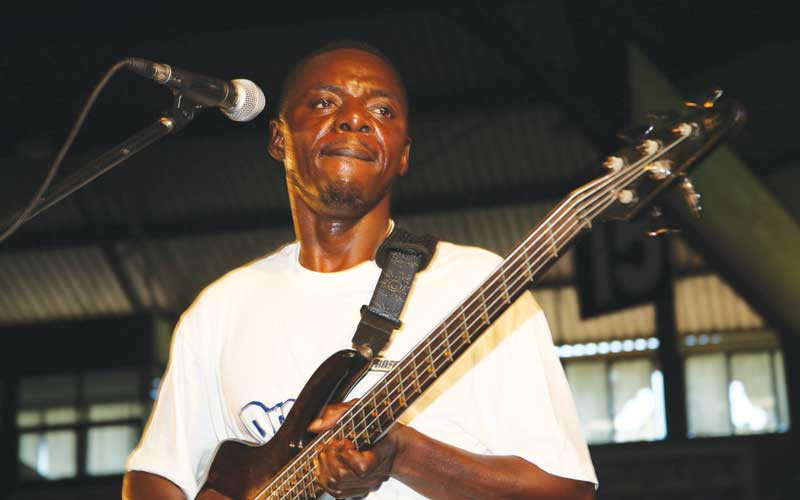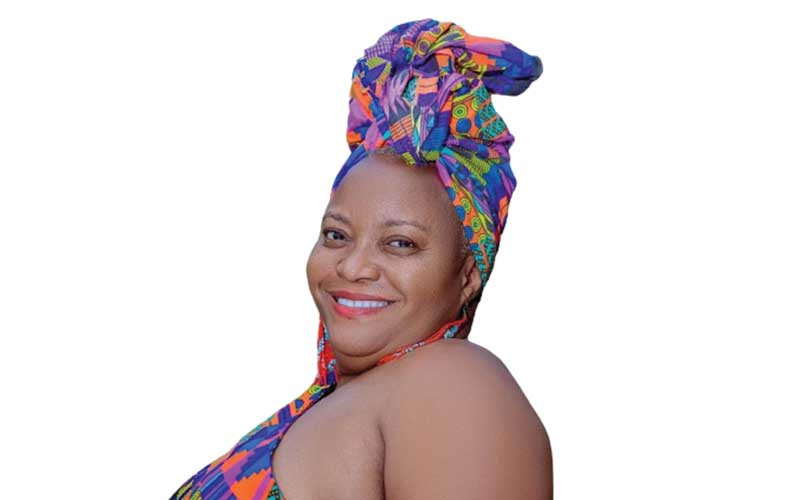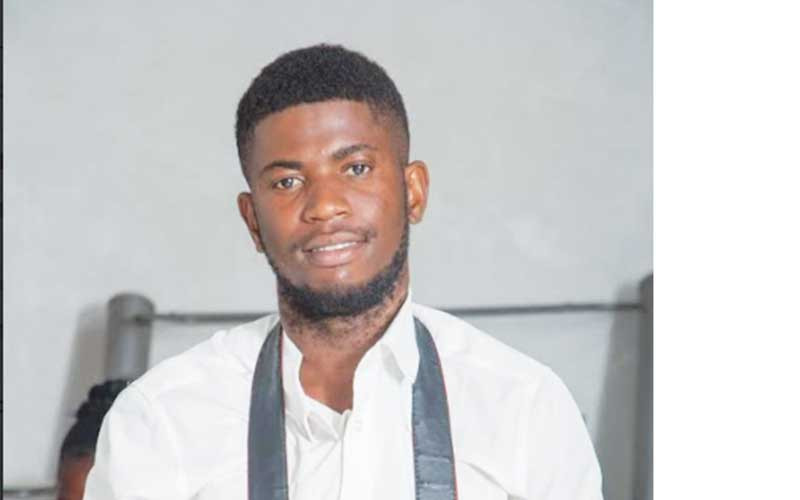
Respected London-based theatre company, Chickenshed, has produced a one-man play titled The Rain that Washes (Gukurahundi in Shona), which mirrors the Midlands and Matabeleland politically instigated massacres of the early 1980s.
The play, written by Dave Carey and Christopher Maphosa, is a true story depicting an epic journey through Zimbabwe’s turbulent history.
It features 25-year-old British-born actor Ashley Maynard.
It premiered in London on September 20 and will run until October 8 going to Luton for shows on October 27 and 28.
The play follows the story of how one man’s dream of majority rule which turns into a nightmare when he witnesses the birth of a Zimbabwe that deprives people of what they fought for.
From refugee camps in Botswana to air strikes in Zambia via Marxism in Bulgaria, the man returns to Zimbabwe, only to witness the greatest betrayal of all.
“I felt really deprived,” said Maphosa whose story is told in the play. “What was supposed to be democracy and independence brought suffering and persecution of fellow freedom fighters who contributed to the liberation of Zimbabwe, an act perpetrated by the Mugabe regime which tolerated no plurality democracy and opposing views.
“After independence I had hoped to see a free democratic society where people lived together in harmony in spite of any differing views, be they political, economic or otherwise.”
- Chamisa under fire over US$120K donation
- Mavhunga puts DeMbare into Chibuku quarterfinals
- Pension funds bet on Cabora Bassa oilfields
- Councils defy govt fire tender directive
Keep Reading
Maphosa expressed strong views about the people who perpetrated these crimes but suffered no consequences.
“After independence we saw the ruling party hunting those people that opposed them, especially their co-liberators, the party led by the late Joshua Nkomo, whereas these people contributed equally for the liberation of the country.”
“My dream was to see a democratic and independent Zimbabwe. After what was supposed to be independence in Zimbabwe, what unfolded was totally the opposite. Some of us never saw the freedom that we had fought for. Human rights were abused by the elite who wielded political power. To me all those promises of freedom and democracy during the liberation struggle never materialised. After independence we worked against that. To me that was the greatest betrayal.”
This play explores how Maphosa left the then Rhodesia to join the liberation struggle in Zambia. He was then flown to Bulgaria to learn Marxism and the communist doctrine.
He returned home and worked as an election agent in Harare (then Salisbury).
The second half of the story involves the arrival of the Fifth Brigade and the persecution of his family and community in Bulawayo and surrounding areas.
“It’s been a very interesting journey for actor Maynard because he is one of the generation that grew up post-apartheid. Being a black British guy living in London near the riots of Tottenham, featuring in this play is an extraordinary journey for him,” said Carey.
Carey said he had to be very careful and never be seen to be against President Robert Mugabe. He said this story is told as a personal story of Maphosa’s experience and about what happened to his family.
“His uncle was also thrown into a mine shaft south of Matabeleland. There was a tragedy inflicted on his family by the Fifth Brigade. He also has his own experiences of being arrested outside Bulawayo in 1983 and that’s where we finish the story,” said Carey.
“I know the story of Gukurahundi is taboo in Zimbabwe. However, I was not part of Gukurahundi. I was a victim. I fell into the hands of Gukurahundi twice. I escaped by luck. Otherwise I know that I wouldn’t be around today.
“I was picked up and driven to Tsholotsho where some of my colleagues perished. The second time I was taken to Gwanda where I was brutally treated and eventually released. Some of my colleagues were not so lucky,” said Maphosa.
The Rain That Washes will be staged at Edinburgh Festival next year in August and there are plans to stage it in Southern Africa.











